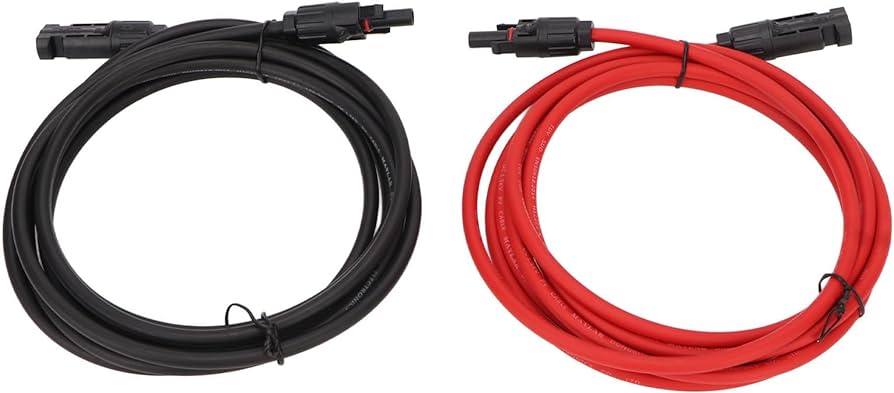As the world shifts towards renewable energy sources, solar power stands out as a leading solution for sustainable electricity generation. One critical component that ensures the efficiency and flexibility of solar energy systems is the solar cable extension. This article delves into the importance, types, and benefits of solar panel extension cable, highlighting their role in enhancing the effectiveness of solar power installations.
Understanding Solar Cable Extensions
Solar cable extensions are specialized cables used to connect various components of a solar power system. These cables are designed to carry the direct current (DC) generated by solar panels to inverters, batteries, and other system parts. They are constructed to withstand outdoor conditions, including UV radiation, temperature fluctuations, and mechanical stresses, ensuring reliable and long-lasting performance.
Types of Solar Cable Extensions
There are several types of solar cable extensions, each serving specific purposes within a solar power system. The most common types include:
- Photovoltaic (PV) Cables: These cables are specifically designed for connecting solar panels to inverters. They are known for their high resistance to UV radiation and extreme weather conditions. PV cables typically come in two varieties: single-core and twin-core, depending on the installation requirements.
- DC Extension Cables: These are used to extend the distance between solar panels and other components, such as charge controllers or batteries. DC extension cables are crucial for systems where the panels are installed far from the energy storage or conversion units.
- MC4 Extension Cables: MC4 connectors are standard in modern solar installations. MC4 extension cables facilitate easy and secure connections between solar panels and inverters, ensuring minimal power loss and increased system efficiency.
- Battery Interconnect Cables: For solar systems with battery storage, these cables are used to connect multiple batteries or link batteries to the inverter. They are designed to handle high current loads and provide safe, efficient energy transfer.
Benefits of Solar Cable Extensions
Solar cable extensions offer several advantages that enhance the overall performance and flexibility of solar power systems:
- Increased System Flexibility: By allowing components to be spaced further apart, solar cable extensions provide greater flexibility in system design. This is particularly beneficial for installations with space constraints or complex layouts.
- Optimized Panel Placement: With extended cables, solar panels can be positioned in the most optimal locations for sunlight exposure, regardless of the distance to other system components. This maximizes energy generation and overall system efficiency.
- Improved Safety: High-quality solar cable extensions are designed to meet stringent safety standards. They reduce the risk of electrical faults, overheating, and fire hazards, ensuring a safe and reliable operation of the solar power system.
- Ease of Installation: Solar cable extensions come with pre-terminated connectors, such as MC4, which simplify the installation process. This reduces labor costs and time, making it easier to set up and expand solar power systems.
- Durability and Longevity: Constructed with robust materials, solar cable extensions are built to withstand harsh environmental conditions. This ensures a long service life and minimal maintenance requirements, contributing to the overall cost-effectiveness of the solar power system.
Choosing the Right Solar Cable Extension
Selecting the appropriate solar cable extension is crucial for the efficiency and reliability of a solar power system. Factors to consider include the cable’s current-carrying capacity, voltage rating, insulation type, and connector compatibility. It is essential to choose cables that meet the specific requirements of the installation and comply with industry standards.
